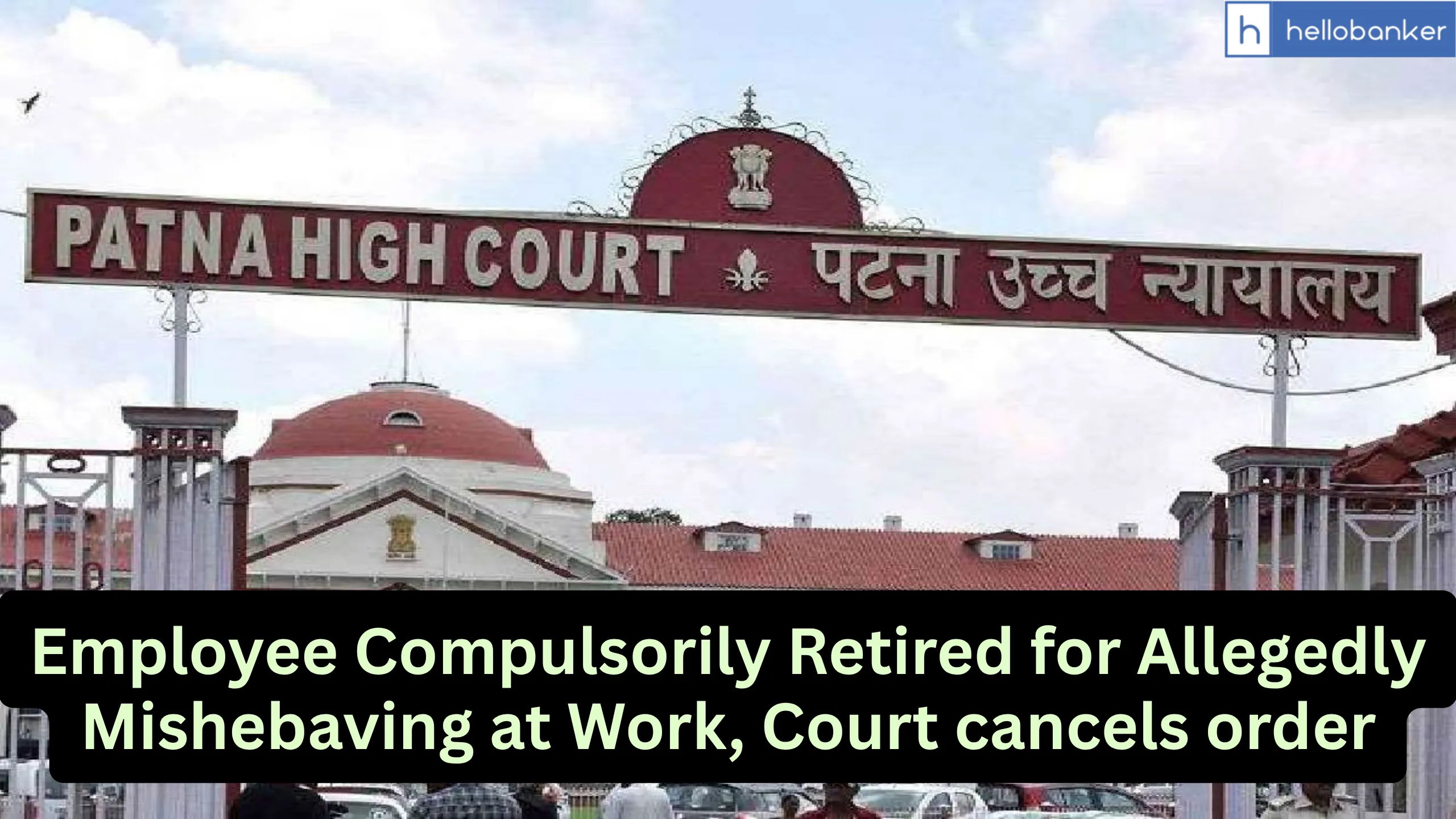The Patna High Court recently gave relief to a CISF constable, ruling that the punishment of compulsory retirement given to him for alleged misbehavior was too harsh and disproportionate. The court said this kind of punishment can violate the fundamental rights of a person and directed the concerned authorities to consider a less severe penalty.
What Happened?
Deo Narayan Singh, a constable at the CISF Unit in Dhanbad, was accused of misbehaving with a loading clerk named Sahdeo Thakur during duty hours. He was also accused of being absent from his post during a night shift and having a physical altercation with the clerk.
A charge sheet was issued against him under Rule 36 of the CISF Rules, and three charges were made:
- He was absent from duty for two hours on 29 July 2010.
- He left his post and got into a quarrel with the clerk around 1 AM.
- He had received 11 punishments earlier for various disciplinary violations, marking him as a habitual offender.
A departmental inquiry found him guilty, and as a result, he was given the punishment of compulsory retirement with full pension and gratuity. His appeals were rejected, and he eventually filed a writ petition in the High Court.
What Did the Constable Argue?
Narayan Singh, through his lawyer Bhairaw Sharma, said the punishment was too extreme for the charges. He also claimed that the inquiry process was unfair and went against the principles of natural justice. He said:
- No proper chance was given to cross-examine witnesses.
- There was no preliminary enquiry or show-cause notice.
- The inquiry process was one-sided.
He also referred to a similar case (Union of India v. R.K. Sharma) where the court had struck down a similar harsh punishment.
What Did the Government Say?
The government’s lawyer argued that:
- The constable had failed to get relief through appeal or revision.
- There was no proof that the enquiry process was faulty.
- The penalty was justified based on his behavior and record.
What Did the Court Decide?
The single-judge bench of Justice Purnendu Singh made the following observations:
- There was no clear proof that Narayan Singh was given a fair chance to present his side.
- While the charges were proved, the punishment of compulsory retirement was considered too harsh.
- The court cited a Supreme Court ruling which said that even in cases of unauthorized absence, the employee should be treated as in service till they complete the required time for pension.
The judge also noted that:
- An unfair or excessive punishment can violate Article 21 (Right to Life and Liberty) of the Constitution.
- If the punishment is unreasonable, it also violates Article 14 (Right to Equality).
Final Decision
The court quashed the retirement order and sent the case back to the Disciplinary Authority, asking them to reconsider the punishment and impose a lesser penalty.
Why This Matters
This judgment is a reminder that disciplinary actions in government jobs must be fair and in line with constitutional rights. While misconduct must be addressed, the punishment should always be proportionate to the offense and carried out in a way that respects the principles of natural justice.
